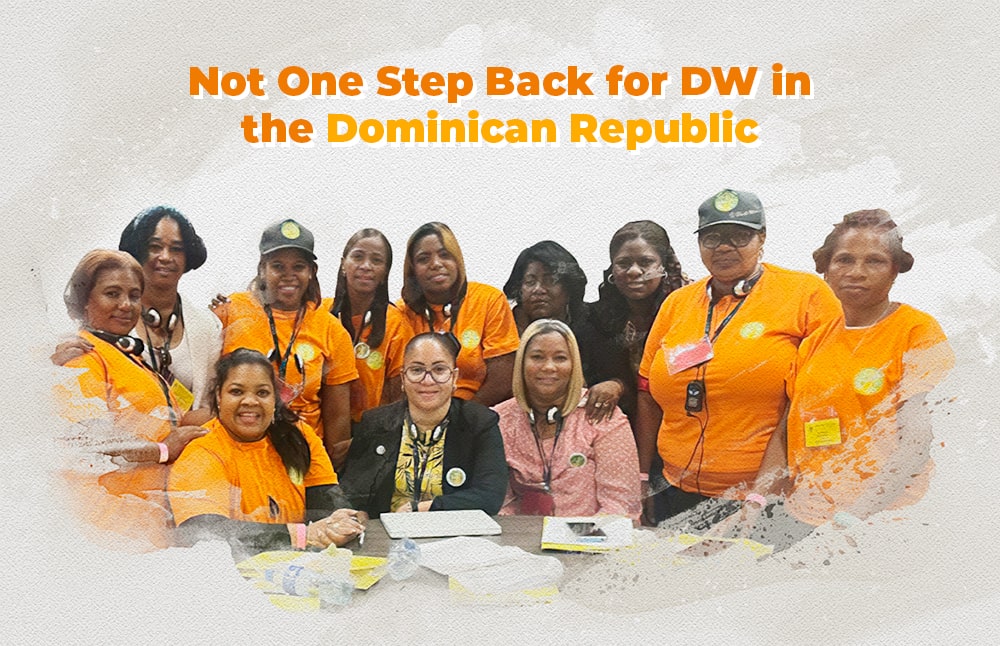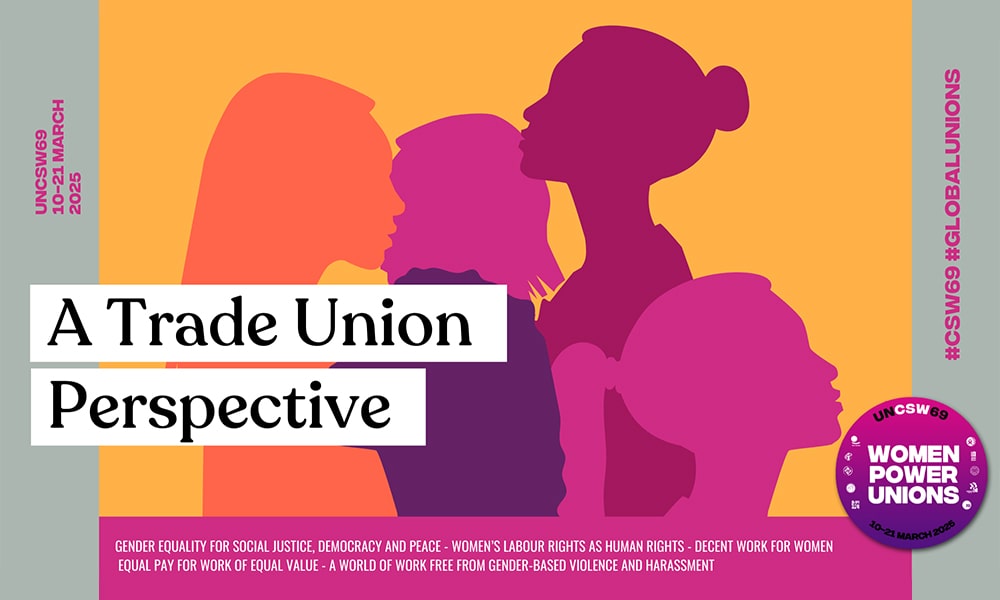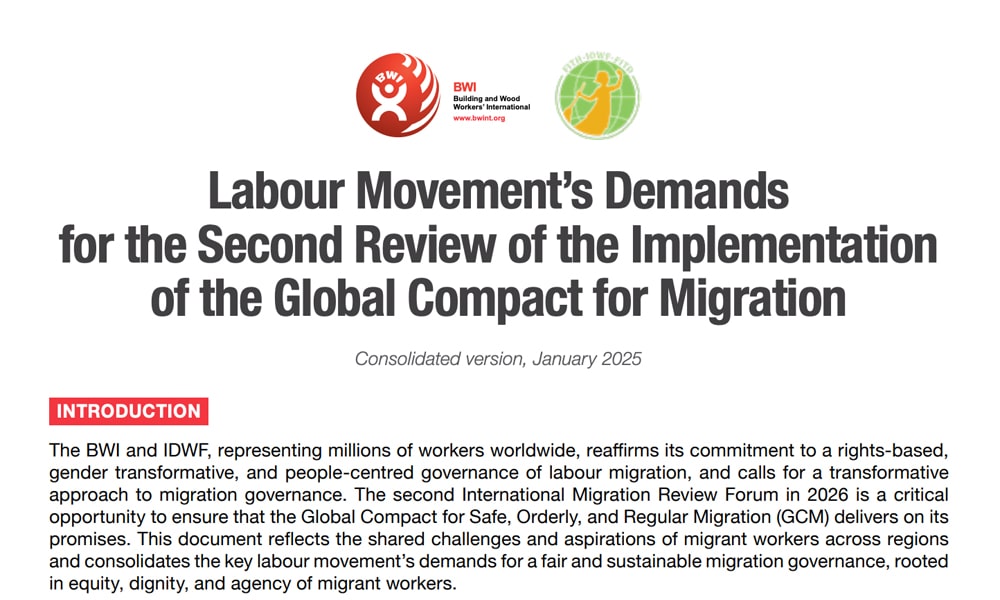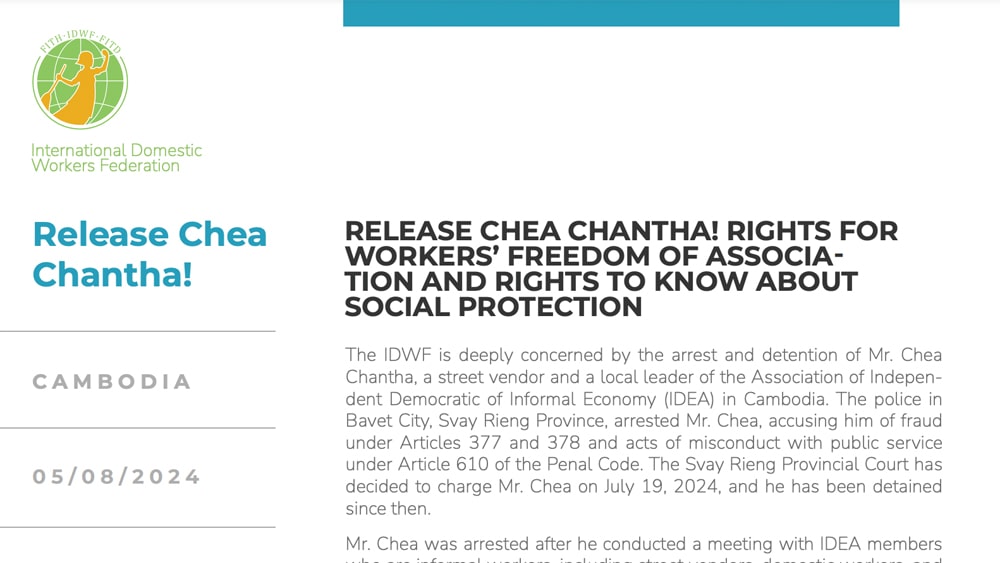
The International Federation of Domestic Workers (IDWF) expresses its deep concern at the ruling issued on June 6 by the Constitutional Court of the Dominican Republic, which declared the unconstitutionality of Resolution No. 14-2022 on “the adoption and harmonization of measures related to the improvement of compliance with Convention 189 of the International Labor Organization (ILO)”, ruled on August 25, 2022.
This ruling represents a strong setback for domestic workers, whose union organizations had conquered, after decades of struggle and political advocacy, a regulatory regime that would promote the formalization of the sector. Resolution No. 14-2022 enshrines a basic floor of rights for paid domestic workers, such as the obligation of a formal employment contract, the setting of a minimum wage, inclusion in social security and the definition of a working day. labor. This resolution, in addition, is aligned with the Dominican Constitution in regards to guaranteeing the right to equality and non-discrimination, promoting dignity and social justice.
In 2013, the Dominican Republic ratified ILO Convention 189 (C189), thus assuming the responsibility of equating the rights of domestic workers with those of other workers. However, ten years later, this sector continues to face the same conditions of exploitation and discrimination that it has suffered historically, enshrined a Labor Code that allows for payment in kind, long working hours without rest or vacations, and wages below the current minimum, among other injustices that have contributed to the precariousness of the sector and have even favored situations of modern slavery.
The data speaks for itself: although the sector represents 5.4% of the country’s labor force, 94.8% of domestic workers are in the informal sector, only 3.53% have health insurance, and only 3% are affiliated to the pension system. Likewise, domestic work concentrates the largest number of households in a situation of poverty: 20.33%. Of the 260,000 people that make up this category, 90% are women, and 56% are heads of household. There is no doubt that the nullity of Resolution No. 14-2022 implies a giant setback in the social, economic and human rights order for a highly vulnerable group.
At IDWF, we demand that Dominican domestic workers enjoy without further delay the same rights as other workers, and that the social and economic value of their work be recognized. The Dominican constitution itself recognizes household work as an economic activity that creates added value and produces wealth and social well-being. Domestic workers make all other jobs possible: if they did not carry out care, cooking, cleaning and laundry tasks –among many others– in Dominican homes, the rest of the people that make up society would be prevented from working and earning income.
IDWF wholeheartedly supports its affiliated organizations UNFETRAH-FENAMUTRA, ATH and SINTRADOMES-CASC. On their behalf, and on behalf of the global movement of domestic workers, we urge the Dominican government to take all necessary actions to reverse the unfair and discriminatory ruling of the Constitutional Court. We also call on the executive and legislative branches to urgently promote the design and approval of a specific legal framework for paid domestic workers, in line with C189. The sector needs and deserves –more than a resolution– a comprehensive protection law that equates its rights with those of the rest of the workers.
The domestic workers of the Dominican Republic are not going to renounce the rights acquired from the ratification of Convention 189. And the IDWF will continue to accompany them: we will not give up until the Dominican State settles its historical debt and makes decent work possible! and social justice for them and their families!
Statement in:






